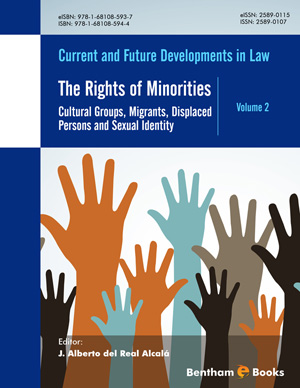Abstract
The first conceptualisation of equal rights in the modern sense, understood to mean equality of ownership of the same individual freedoms, was offered by the theorists of the social contract, from Hobbes to Rousseau, but equal rights still appeared as an immaterialisation hypothetical in a Civil Society (State) that was yet to be constructed. Starting from the same enlightened principles, legal positivism takes on the task of redirecting all disputes about material equality, that were specific to the Enlightenment period, towards the more accessible proposal of formal legal equality regarding the respect of individual rights, essential for a liberal social order that holds up the written Constitution as a materialisation of popular Sovereignty. Leaving aside the complex preoccupation with the material equality of individual rights, all of jurists’ efforts centre upon developing the aspect of the concept of equality that can be interpreted as universally valid (the formal-legal aspect). And also, the modern conception of democracy, i.e. the clearest and most conscious system for determining collective social institutions was built on the basis of opting for multi-ethnic and multinational States for the purpose of political integration of minorities. The consensus and relativism of values considered as the basic criteria for the functioning of democracy discouraged the possibility of mono-ethnic States, thereby favouring a situation where several communities live side by side and get along within the same State.
Keywords: Civil society, Democracy, Discrimination, Material equality, Minorities, Political integration, Rationality, Rights.













